Plex: 16 October 2024
Weaving the Regeneration Web - 2 Strands; OMNI-Mapping Project; Judy Benham, AAAS Fellow! On Crossposting; Energy From The Dark Side; Essential Databases for Solopreneurs; Pix from Ken; My First Time at the Pool

The Biweekly Plex Dispatch is an inter-community newspaper published by Collective Sense Commons on first and third Wednesdays of each month. Price per issue: 1 USD, or your choice of amount (even zero).
In This Issue
- Weaving the Regeneration Web - Two Strands (David Witzel)
- OMNI-Mapping Project (Wendy McLean & Vincent Arena)
- Judy Benham, AAAS Fellow! (Peter Kaminski)
- On Crossposting (Jerry Michalski)
- Energy From The Dark Side (Douglass Carmichael)
- Essential Databases for Solopreneurs (Peter Kaminski)
- Pix from Ken (Ken Homer)
- My First Time at the Pool (Ken Homer)
Weaving the Regeneration Web - Two Strands
by David Witzel
To realize a regenerative future we’re going to need a strong web inter-connecting the regenerative community. It might happen by accident, but we can also lean-in to help weave this web. Two weaving initiatives with Global Regeneration CoLab support are:
- In-person - Unconference: Exploring Regeneration in the Bay Area with Insights from Jem Bendell October 19 in Oakland, CA.
We're working to reinforce local SF Bay/Delta bioregional connections and bring together the many people in the area working on regeneration-y projects. The format will be open space, following a provocation talk, to encourage building relationships. We need your help - please share this announcement with your lists & colleagues!
- Online - a shared calendar of Regeneration Events Happening Around the World. The calendar is intended to aggregate events across organizations and projects to make it easier for people to find each other. The calendar is a simple google calendar that can be updated by members of a google group. It is intended to be embedded and re-shared by other like-minded people and organizations. Go ahead - add it to your calendar or embed it in your website! And add your regeneration-related events.
charles blass
OMNI-Mapping Project
by Wendy McLean & Vincent Arena
Wendy McLean & Vincent Arena announce a new joint effort, OMNI-Mapping Project, fiscally sponsored by the Buckminster Fuller Institute. A map is a visual representation of information intended to provide clarity and simplicity. Every organization engages in mapping, but most don’t create maps with enough intentional design to provide insights, drive understanding, and inform action. Additionally, organizations waste significant resources creating maps from scratch that cannot be reused or shared. OMNI-Mapping solves this by building powerful processes that make maps more useful in their local contexts, and available globally.
Our mission is to advance the field of mapping by standardizing data collaboration across silos and equipping organizations with a 3-step process designed to:
- assess their information landscape,
- understand the data with greater clarity and perspective, and
- act with confidence, now and in the future
OMNI-Mapping enables small to medium-size non-profit organizations and communities to more effectively achieve their unique goals. Because OMNI-Maps integrate existing data across networks, using the OMNI-Mapping framework unlocks the full potential of any organizations’ existing efforts to enable systemic impact. For example, OMNI-Mapping offers leaders of non-profit organizations access to public data from other people and organizations with similar projects, so they can share solutions and resources in pursuit of their own initiatives. OMNI-Maps empower coordination to better meet challenges across organizations, platforms, and bioregions.
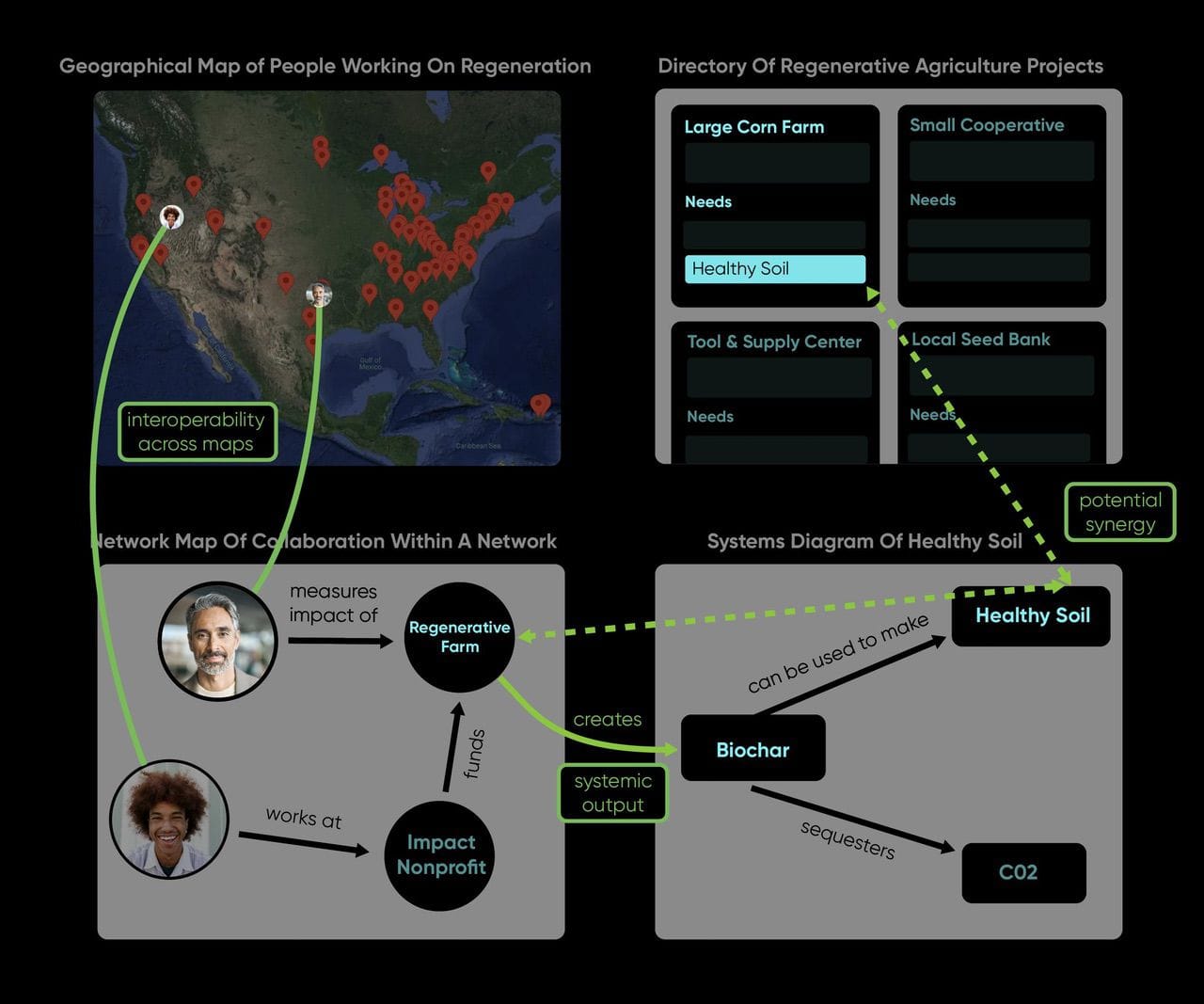
The OMNI-Mapping Project will deliver a robust infrastructure and process, designed to elevate capabilities for any organization, through:
• interconnected global datasets for seamless integration across existing maps;
• a proven framework and toolkit for implementing better map building processes; and
• local mapping templates for creating maps that quickly integrate data from popular tools like Airtable, Kumu, and Catalist.
By adopting OMNI-Mapping, you’re not just creating better maps -- you’re joining a community of mapmakers, leaders and users who are getting more out of their data with less effort.
We are currently seeking pilot partners and systemic financing. If you have questions or are interested in contributing to the OMNI-Mapping project, visit omnimapping.org or contact either of the project’s co-leads: vincent@omnimapping.org or wendy@omnimapping.org. Thank you!
charles blass
Judy Benham, AAAS Fellow!
by Peter Kaminski
Our own Judy Benham was recently named a Fellow of the American Association for the Advancement of Science (AAAS), for “contributions in advancing chemistry through new polymers and technology, leadership in innovation in science and science communities, and support of inclusive culture in science.”
The ARCS Foundation wrote about Judy and her accomplishments in The Right Chemistry for Leadership in Science.
Congratulations, Judy!
In correspondence, Judy also offers these two science reads that may interest Plex readers:
The State of U.S. Science and Engineering 2024 (National Science Foundation) – lengthy, but rich in info for those who’d be interested.
Volunteer Statistics 2024: How Charitable Are We With Our Time? (donorbox Blog) – on changing patterns of volunteerism, & implications.
charles blass
On Crossposting
by Jerry Michalski
Originally published at On Crossposting (OGM Wiki).
You have valuable ideas. Where to post them? In what medium? Text, videos, animations, tweets?
Some years back, in the Internet’s salad days, the answers were more straightforward. You could start a blog on Blogger or Movable Type, for example, or try LiveJournal or MySpace. Today, there’s a mad variety of places to post, making it hard to choose from among them.
Why choose just one?
It’s more complicated to maintain, as you’ll see shortly, but putting the same post in several places gets you the benefit of each platforms’ different audiences and special powers. If you like to be orderly about such things, the question arises: which of these copies do you think of as the “original,” the hub of the other copies?
The savvy participants in IndieWeb have thought about this, detailing various techniques, including:
- POSE (Publish Once, Syndicate Everywhere)
- PESOS (Publish Elsewhere, Syndicate (to your) Own Site)
- POSSE (Publish (on your) Own Site, Syndicate Elsewhere)
- PESETAS (Publish Elsewhere, Syndicate Everything To A Silo)
I think I'm a POSSE guy.

How I'm crossposting
For me, the “Ur” copy of every post is on Pete’s Massive Wiki, which means:
- I write it in Obsidian (using Markdown)
- Save (push) it to Github
- Where Massive Wiki Builder automagically regenerates its web pages, “publishing” the new one
Then I:
- Copy that page’s contents and paste them into Substack, Medium and LinkedIn, generating the crossposts
- Copy the new page’s URL and add it to those crossposts as the Ur-link
- Add that page to my Brain, too
- Fetch the final URLs of the Substack, Medium and LinkedIn posts and add them to the Ur-post, and to my Brain (this is where I have to stay focused)
- I once would have posted to Twitter, but I won’t post to Xitter, and haven’t found a happy rhythm or community in the new alternatives, like Bluesky, Mastodon and Threads.
- Whew!
Functionally, that looks like the footer you’ll see on this page, after the separating line. I don’t want to make the crossposted articles confusing, so on those, I just link back here by adding “The Ur-post lives here.”
For this particular post, there’s one more stop: Pete is publishing it in his bi-weekly Plex newsletter (thanks, Pete!). (You’re welcome, Jerry!)
Oh, and that workflow doesn’t include any videos, or where and how I create images to use in the posts. Or what constitutes a podcast nowadays.
Useful details
The tools I’m using and the places I put them are likely to change over time. For example, I’m posting first to Github in Markdown so that my content will be available widely and openly. I could replace Github with IPFS or something else down the road.
As you can tell, this crossposting process does entail considerable manual labor (though certainly no sweat-inducing or callous-building activity). There are likely some publish-and-subscribe protocols or services like Zapier that could help me streamline it. Right now, I’m just going manual till it hurts.
I won’t crosspost everything, everywhere. Today, everything will start in Massive Wiki, then go to Substack. So if you’d like the simpler way of seeing everything, subscribe to my Substack (more about what I’m doing there in a subsequent post).
There’s another big reason why I’m posting to Massive Wiki first: In the near future, Massive Wiki will be more like a wiki, meaning it will be the home of “living” documents that improve over time through comments, edits and forks (another thing to flesh out in subsequent posts).
About as important as the distribution of posts is the choice of medium for the posts. So far, most of my Substack posts are text with a few images, but I love recording videos, which I normally post first to YouTube. Finally, the definition of a podcast has drifted a bit to include videos, and it’s also easier to make an audio or video post part of a podcast. I’ll be doing more of those.
The crossposting strategy I’ve described here definitely increases the risk that folks who do follow me on multiple platforms will see duplicate posts. I hope they will adapt, centering on their easiest or favorite way. If duplicate overload becomes a big issue, I may need to rethink this approach.
Lmk what you think! And what you do.

Energy From The Dark Side
by Douglass Carmichael
When major hurricanes strike, we hope they will break through the cocoon-like encapsulation of discussions and help us better grasp reality.
But in fact, destruction releases demons. This opens up veins of frustration and anger not usually seen.
Technical and economic discussions, which dominate climate change debates, are powerless to explore the dark side of the human mind. But the emergence is not altogether negative.
Serious creativity is wimpish and stuck in the conventional if it doesn't incorporate energy from the dark side. (“Incorporate” literally means “to pull into the body”.)
charles blass
Essential Databases for Solopreneurs
by Peter Kaminski
While showing someone Grist, I had Claude create a list of 10 key databases a solopreneur or solo consultant might need. I've kept these kinds of data, but not in the most organized way; seeing them all listed like this, in the context of creating databases in an everyperson tool like Grist or Airtable was a bit of a revelation and inspiration for me to get more organized. I thought I'd share to perhaps help inspire you!
Also see: “Database Tools for Everyone” in Plex: 18 September 2024.
The following is by Claude 3.5 Sonnet, after a prompt by me:
For a solo consultancy or solopreneur, having the right set of databases can help streamline operations and improve service delivery. Here are 5-10 key types of databases that would be valuable:
- Client Database This is essential for tracking individual clients, including contact information, consultation history, project details, goals, progress, and communication logs.
- Project Scheduling and Calendar Database Used to manage and organize consultations, project timelines, and deadlines, while linking to individual clients and projects.
- Billing and Payment Database Tracks client payments, invoices, and expenses. It should include information on project pricing, payment status, and billing cycles.
- Project Progress and Deliverables Database A detailed database to track each project's progress, including milestones, completed tasks, and any adjustments to project plans.
- Marketing and Leads Database Stores information about potential clients, marketing campaigns, lead sources, and outreach efforts. It helps track conversions from prospects to clients.
- Resource Library Database This database would store consulting materials, resources, and tools such as templates, case studies, or research papers, organized for easy reference and sharing with clients.
- Feedback and Testimonials Database A repository for storing client feedback, project outcomes, and testimonials, which can be valuable for improving services and marketing the business.
- Contract and Legal Documents Database To keep track of signed agreements, contracts, non-disclosure agreements, and other important legal documentation with clients.
- Professional Network Database A database to track professional contacts, collaborators, and potential subcontractors for larger projects or specialized skills.
- Continuing Education and Skill Development Database A place to track relevant industry certifications, courses, and skill development opportunities to stay competitive in the field.
These databases can help a solo consultant or solopreneur stay organized, offer better client service, and maintain smooth operational processes.
charles blass
Pix from Ken
by Ken Homer
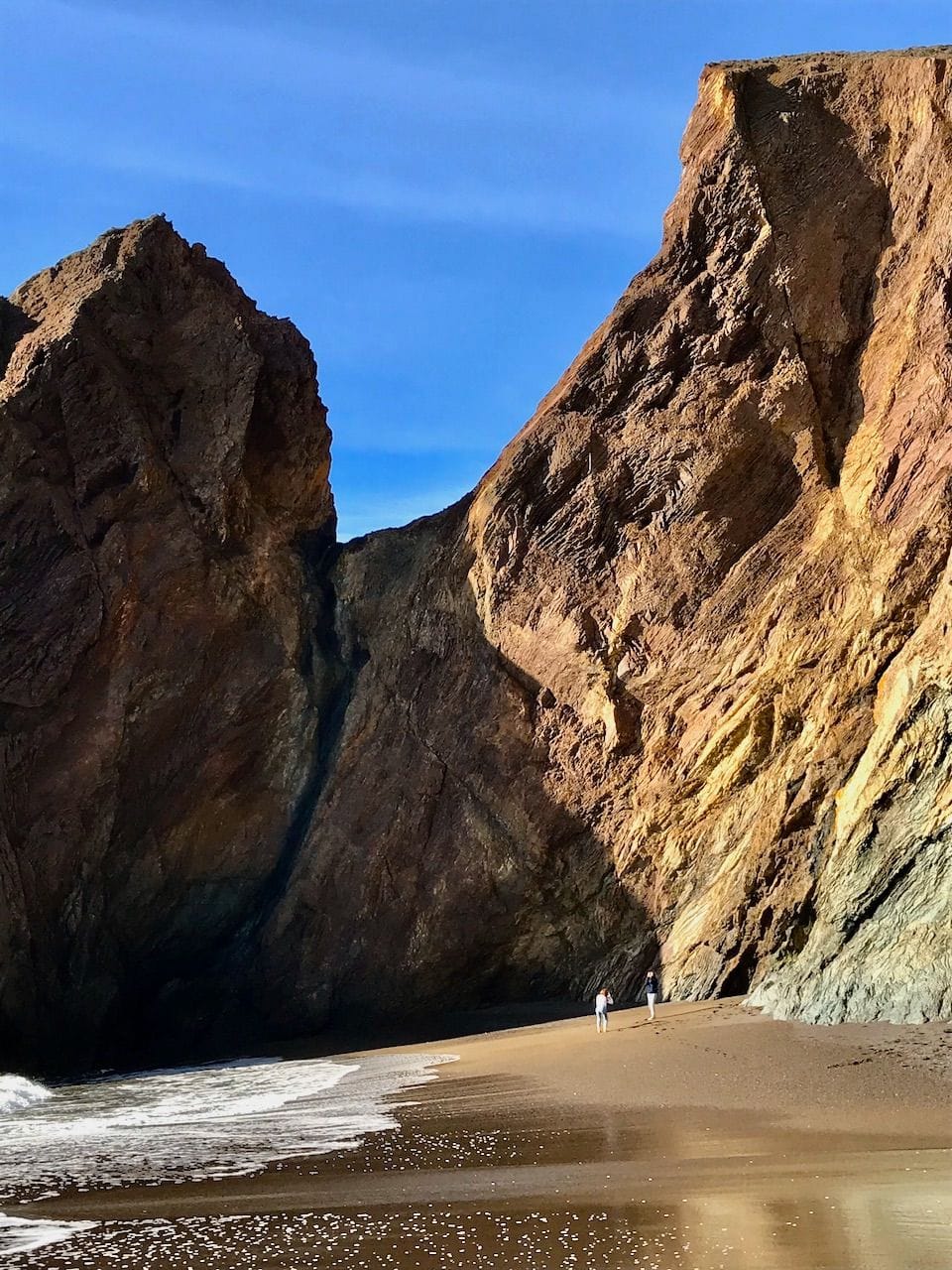

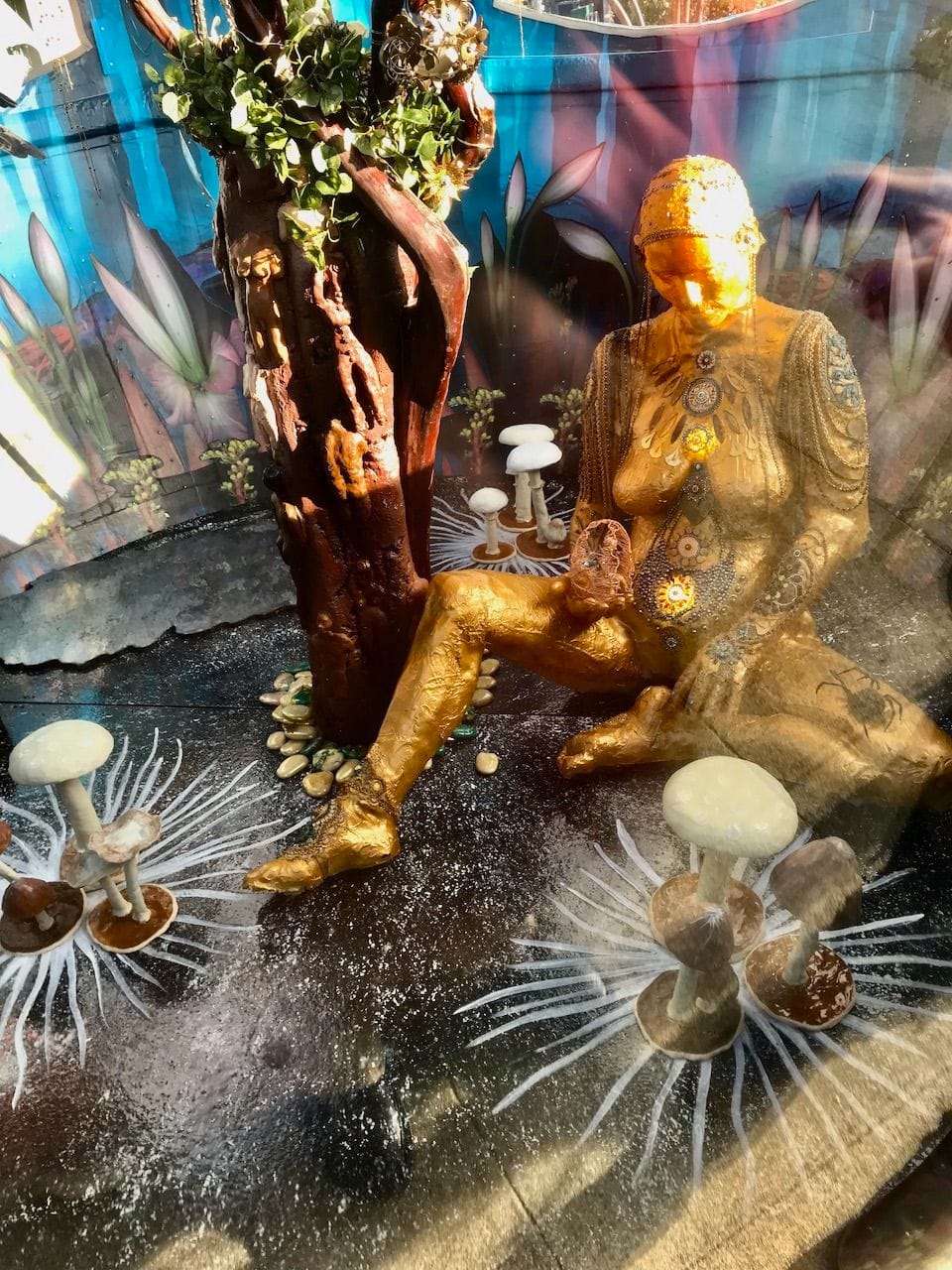
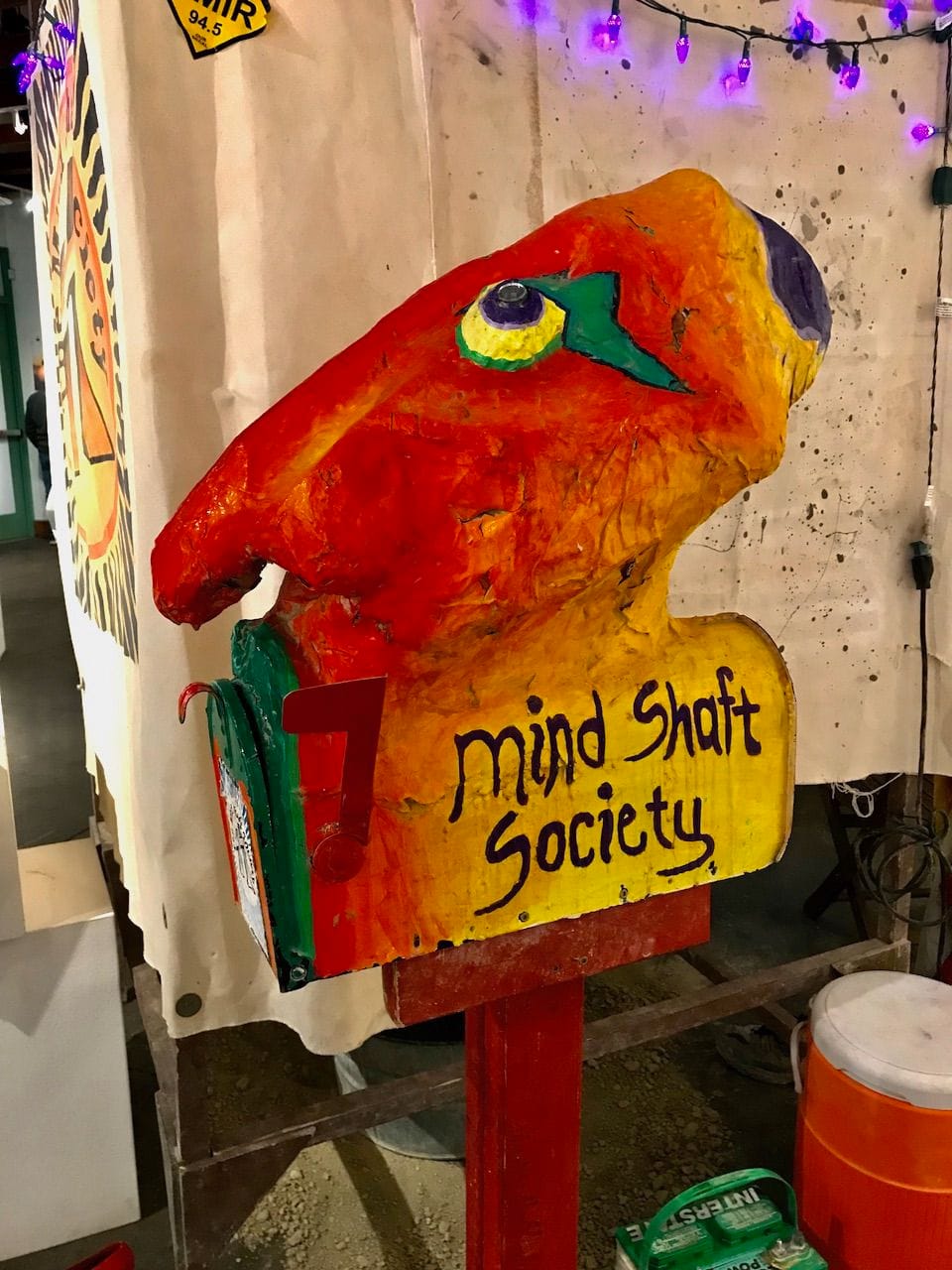
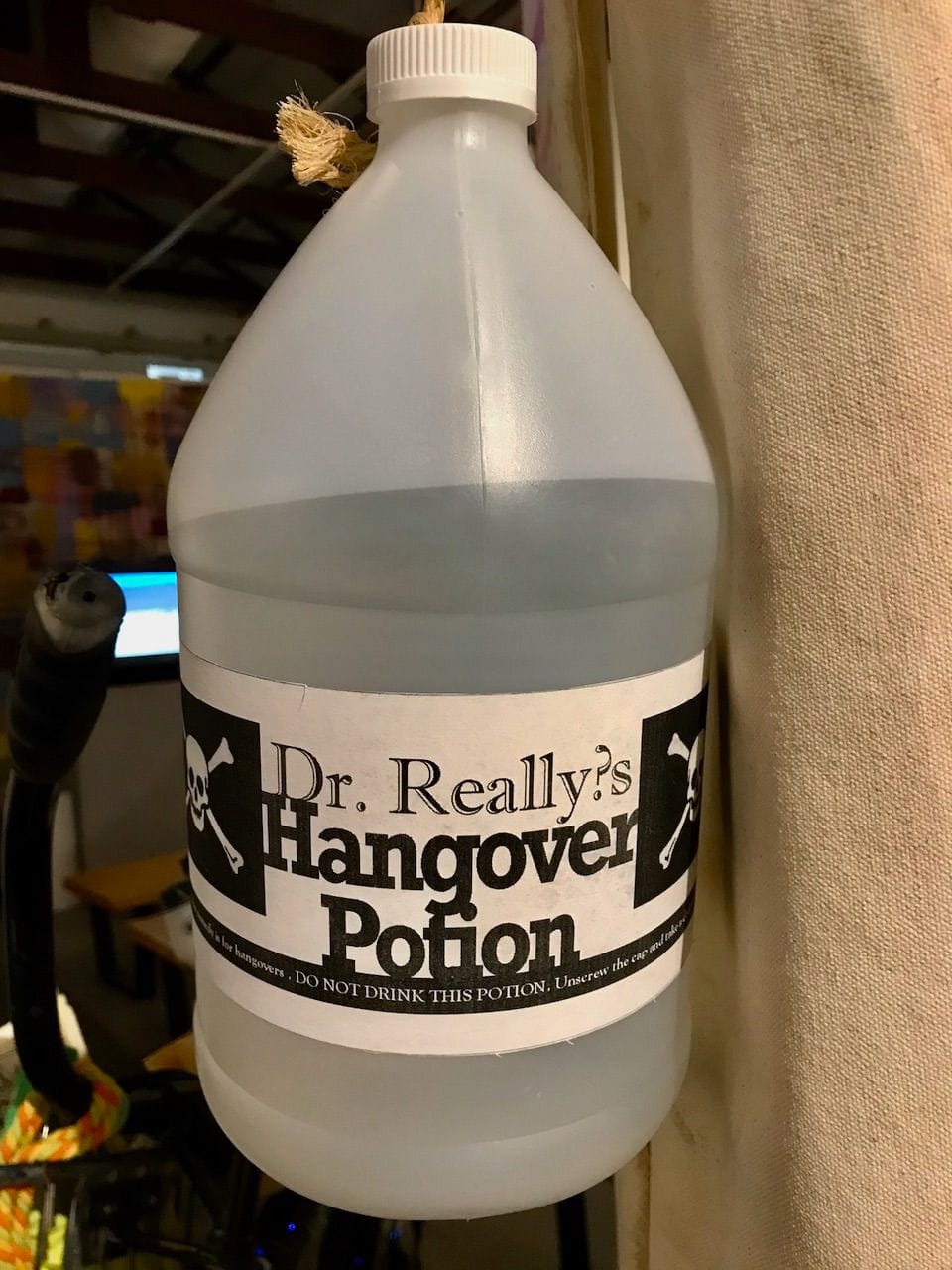
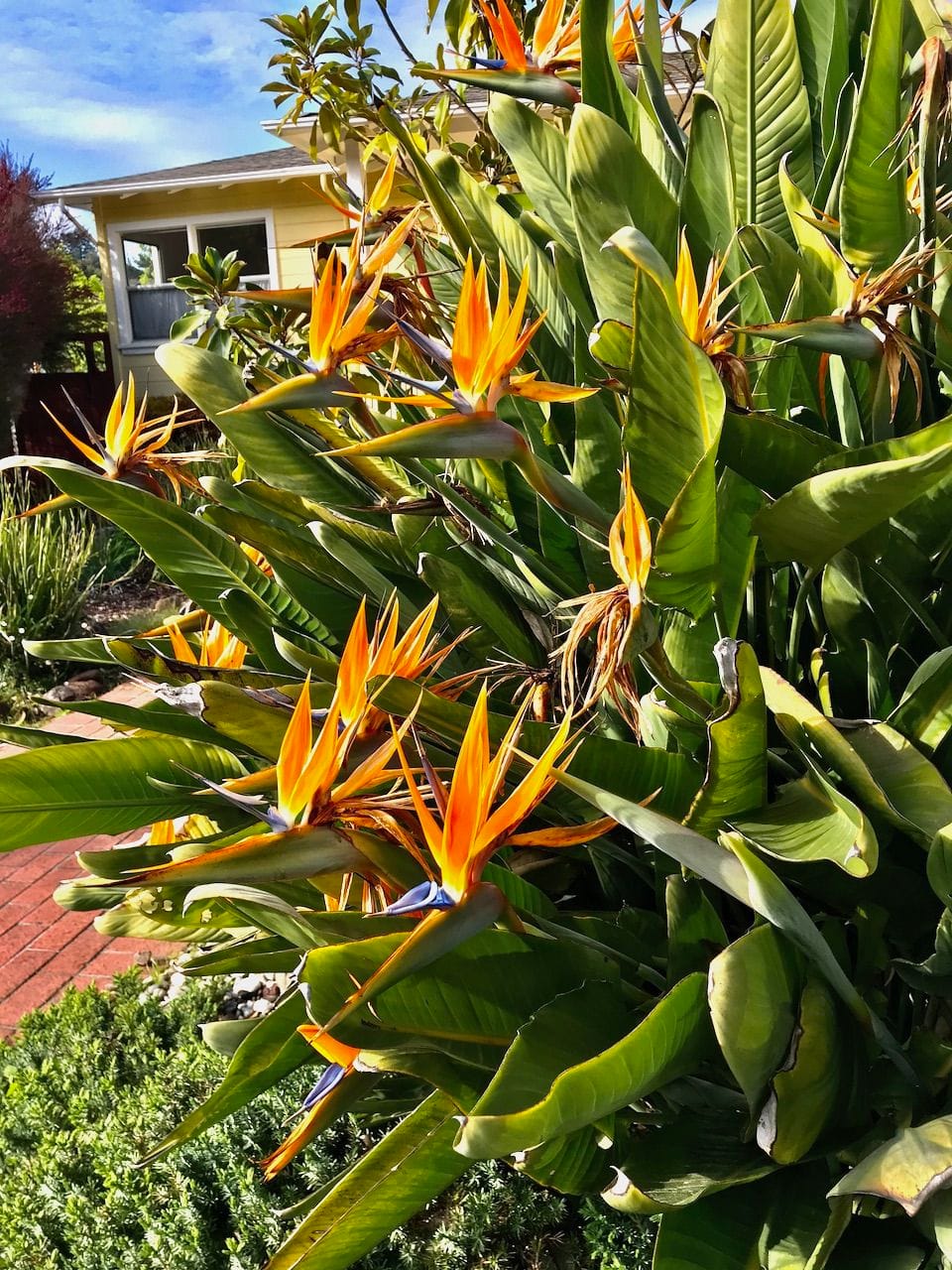
charles blass
My First Time at the Pool
by Ken Homer
One evening my eldest sister
Took me to her friend’s house
I might have been about two
There was a pool
It was all lit up from below
I was mesmerized
I immediately walked into the water
It was the deep end
I remember warm water
Opening my eyes to the blue light
Loving the feeling of floating
Then there was a problem
I didn't know how to swim
l inhaled water
started to cough
Started to panic
The sinking feeling inside
Was accompanied by
My body sinking to the bottom
Suddenly a pair of hands
Was under my arms
I was being lifted up
Out of the water
Able to breathe air
Still coughing and sputtering
I didn't cry
Not at first
But once I was okay
I got scared
Started wailing
That's all I recall
Ken Homer • February 2024
Thank you for reading! The next edition will be published on 6 November 2024. Email Pete with suggested submissions.
Grateful appreciation and many thanks to Vincent Arena, Judith Benham, Charles Blass, Douglass Carmichael, Ken Homer, Wendy McLean, Jerry Michalski, and David Witzel for their kind contributions to this issue.